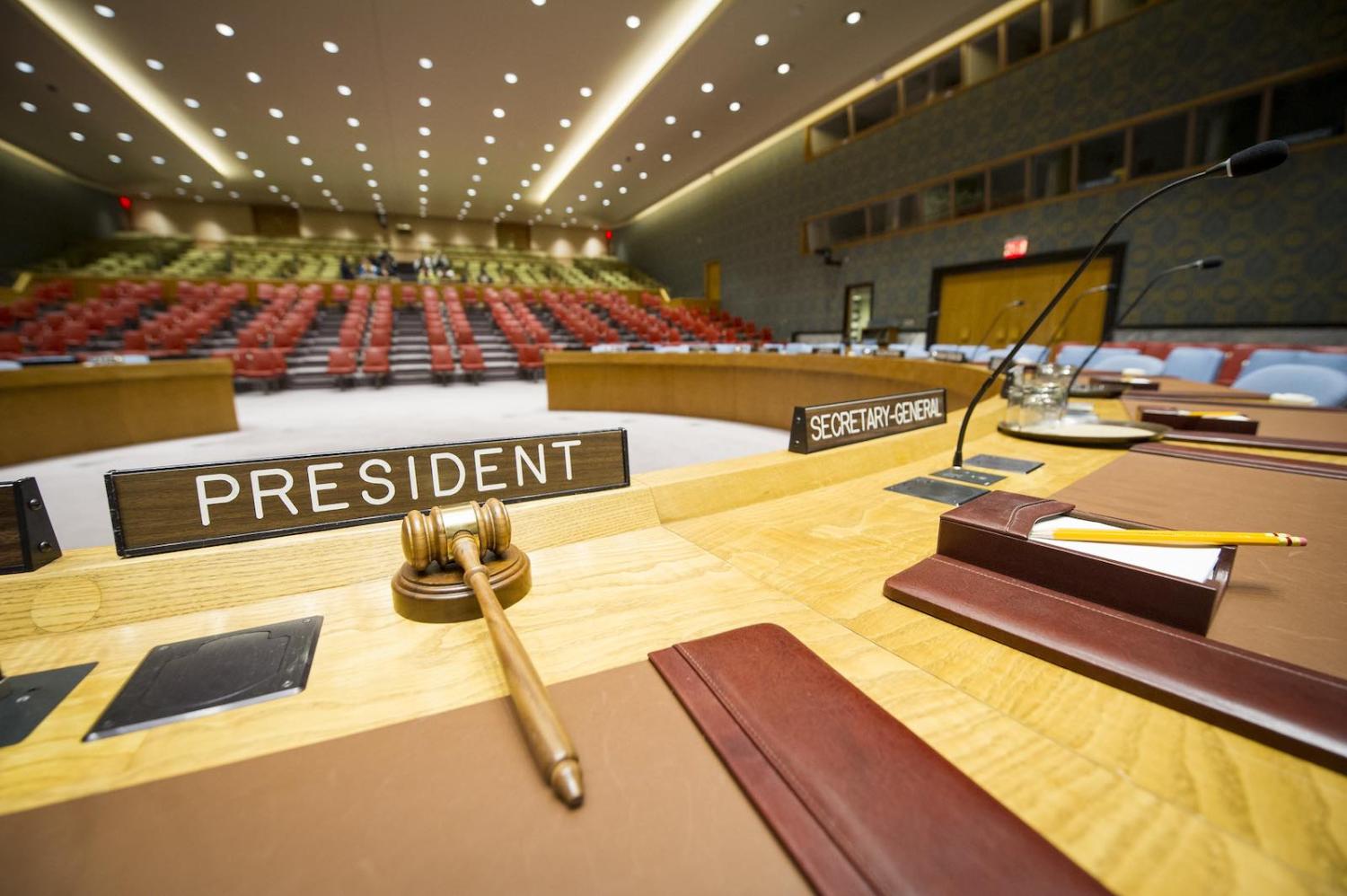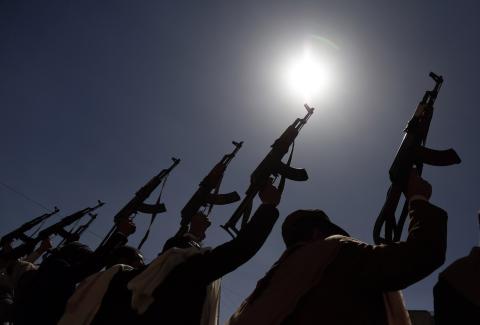It’s been almost three months since Myanmar’s military junta seized power from the democratically elected government. More than 700 protesters have been killed, and more than 3000 arrested. The UN Special Rapporteur on human rights in Myanmar has said that the military is likely committing crimes against humanity including “murder, enforced disappearance, persecution, torture, and imprisonment in violation of fundamental rules of international law”.
The UN Secretary General, the UN Human Rights Council, the UN Special Envoy and the Special Rapporteur have all condemned the violence in the strongest possible terms. But as many have observed, words are not enough. What is required is a global, mandatory arms embargo, mandatory sanctions against senior members of the Myanmar military, referral of the worst offenders to the International Criminal Court, and international agreement not to accord diplomatic recognition to the military junta.
None of these proposals should be regarded as overly ambitious.
The UN Security Council has the power to do these things, but it won’t. Why? Because of the veto powers of China and Russia. Last month, the United Kingdom proposed a Security Council statement warning of “further measures” against Myanmar if the violence didn’t cease. China, however, has said that “one-sided pressure” would “only aggravate tension”. Thus far, the Security Council has managed nothing other than a weakly worded statement, “condemn[ing] the violence” and calling for restraint.
In a briefing to the UN General Assembly in February, the UN Special Envoy on Myanmar said:
If the numerous discussions here at the General Assembly and in the Security Council continue to fall short of a forceful and timely response, perhaps existing structures are indeed in need of reforms, in keeping with the times.
Indeed, the continuing failure of the Security Council and the General Assembly to produce constructive outcomes points to one fact: the existing structures are in need of reform.
But what would such reform look like?
Security Council reform has been on the international agenda for decades, with the central issue being the veto power wielded by the Council’s five permanent members – aka the P5. The right of veto can’t be removed without amending the UN Charter, and the UN Charter can’t be amended without P5 approval, so getting rid of the veto is a non-starter. Thus, most proposals for reform of the international security system focus on getting around the veto.
Following are some of the ideas currently on the table.
- The Political Declaration on Suspension of Veto Powers in Cases of Mass Atrocity. Launched in 2015, this initiative aims to secure the agreement of the P5 not to exercise their right of veto when faced with mass atrocities. The Declaration has been signed by 103 states. It deserves the utmost support, but it is inherently limited. Russia and China are unlikely to sign, and even if they did, they would be free to ignore it whenever they saw fit to do so.
- Increase the membership of the Security Council. By increasing the number of permanent and/or elected seats. This proposal is widely supported by states. Broader membership would enhance the representativeness of the Security Council, and hence (arguably) the quality of its debate. It would not, however, solve the veto problem.

- Make more use of the UN General Assembly. The General Assembly is competent to make recommendations on matters of human rights, as well as on international peace and security. Many of the things the Security Council can do in response to human rights crises, the General Assembly can do too – the difference being that General Assembly resolutions are not binding. So, the General Assembly can recommend sanctions, and it can establish accountability mechanisms, such as those established for Syria and Myanmar. It can also make recommendations to the Security Council or request reports from the Council regarding its handling of a matter.
- Make it standard practice for the General Assembly to meet every time a veto is cast in the Security Council. Advocated by Liechtenstein, the idea is that whenever the Security Council is paralysed by the veto, the General Assembly would be automatically prompted to consider the options available to it.
- Make greater use of the possibility of referring matters from the Security Council to the General Assembly. This related idea holds that if a majority of the Security Council is frustrated by being unable to take action on a matter due to the P5 veto, they can pass a “procedural” resolution – not subject to the veto – referring the matter to the General Assembly. Referral to the General Assembly is an important tool available to concerned members of the Security Council, and should be front of mind in situations of Security Council paralysis. Importantly, though, the Assembly doesn’t have to wait for a referral from the Security Council in order to consider a matter.
- Request an advisory opinion from the International Court of Justice (ICJ) on the legality of unrestrained veto use. Some international lawyers argue that use of the veto to block action aimed at preventing or halting atrocity crimes is illegal. It is arguable that the use of the veto in such scenarios prevents the Security Council acting in accordance with the UN’s purposes and principles, constitutes an abuse of rights on the part of the veto-wielding state(s), and violates state obligations in relation to atrocity prevention. Based on those assertions, a coalition of eminent international lawyers and NGOs is working to convince the General Assembly to request an advisory opinion on the matter from the ICJ.
Relative to the task of fixing an international security system that is repeatedly failing victims of human rights atrocities, none of these proposals should be regarded as overly ambitious. Reform will come too late for the protesters already killed in Myanmar, but for the sake of those still peacefully protesting, and indeed for the victims of state-sponsored violence in other parts of the world, each of these proposals deserves urgent attention.

